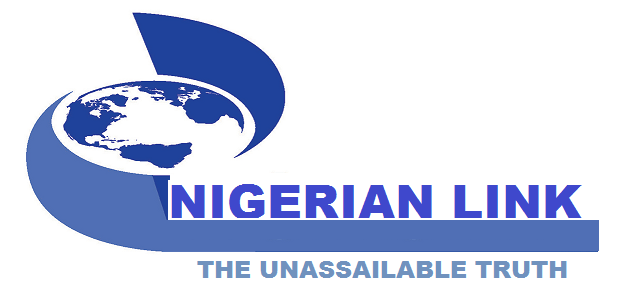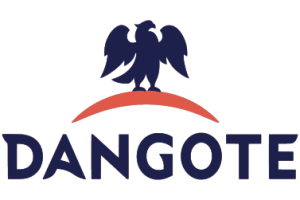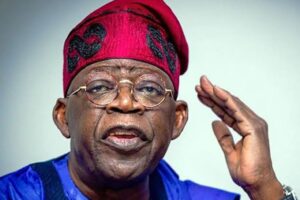Chinese Investment in Africa — Market Power and Role of the Private Sector put together by the China-Africa Business Council chronicles the impact of Chinese businesses and investments in Africa. It is certain that the economies of nations are shaped by the quality of businesses and investments. Africa is a fast-growing continent and needs investment in infrastructure as to improve on the quality of life for citizens. The continent needs partnerships to drive reforms and changes, including new factories and businesses to provide employment for the bulging youth population. The infrastructure gap in Africa is more than $400 billion. Any effort to bridge this gap is positive for productivity, output, and growth.
Chinese Private Enterprises (CPEs) have responded to meet the growing requirement for infrastructure and industries across Africa through years of engagement with the political leadership. We have seen a growing investments’ partnership between China and Africa for approximately the last fourteen years. The Forum on China-Africa Cooperation (FOCAC) was set up to drive the partnership.
This engagement has led to several reforms, opening of the economies, investment in infrastructure and building of new industries with the level of China’s investment in the continent increasing at a steady rate. At the 2018 China-Africa Cooperation Forum, China announced its plans of providing $60 billion in financial support to Africa. In 2019, trade between China and Africa hit US$208.7 billion, and total Chinese FDI in Africa reached US$49.1 billion, grown by 20-fold and 100-fold respectively compared with 20 years ago.
We have seen the building of new deep seaports, airports, roads & bridges, and new industries by the CPEs. Through the collaboration with CPEs, industrial parks have been established in many parts of Africa, resulting in training of local manpower and acquisition of new skills.
CPEs have performed the following functions in Africa; advance industrialization, promote employment, develop infrastructure, and foster the improvement of industrial park management in the host countries.
These CPEs have transferred to Africa some labor-intensive industry that gradually promotes related industrial chains and fosters many local upstream and downstream enterprises. Such massive investments have obvious technology spillover effects on the host countries. Manufacturing enterprises have transferred technologies to the local markets, which advances industrialization in the host countries.
believe that the vast opportunities that exist in Africa-China synergies should be explored. In Nigeria, the Lekki Deep Sea Port at the Lekki Free Trade Zone will be constructed by China Harbour Engineering Company (CHEC) and financing of over $600m provided through China Development Bank (CDB). A few companies have collaborated with a number of Chinese partners, especially in manufacturing, and created foreign exchange savings and exports from the Group’s Petrochemical and Fertilizer plants.
The African Continental Free-Trade Agreement (AfCFTA), which came into force in January, will assist in driving down economies of scale for production and attracting investment as a unified market on the continent. Africans should be aware of the benefits that come with inbound investment, including jobs, tax revenue and the increasingly active economy.











Add Comment